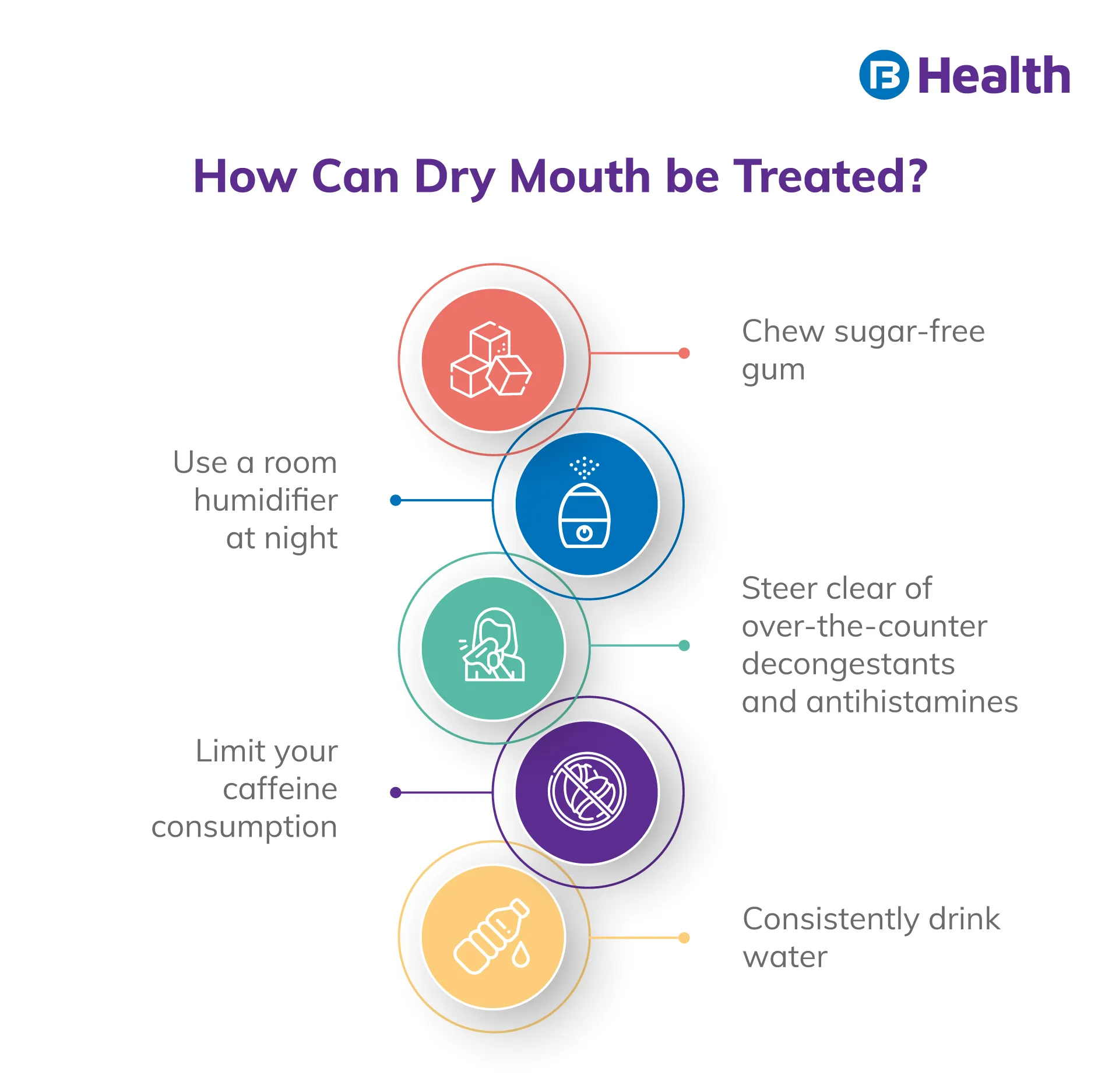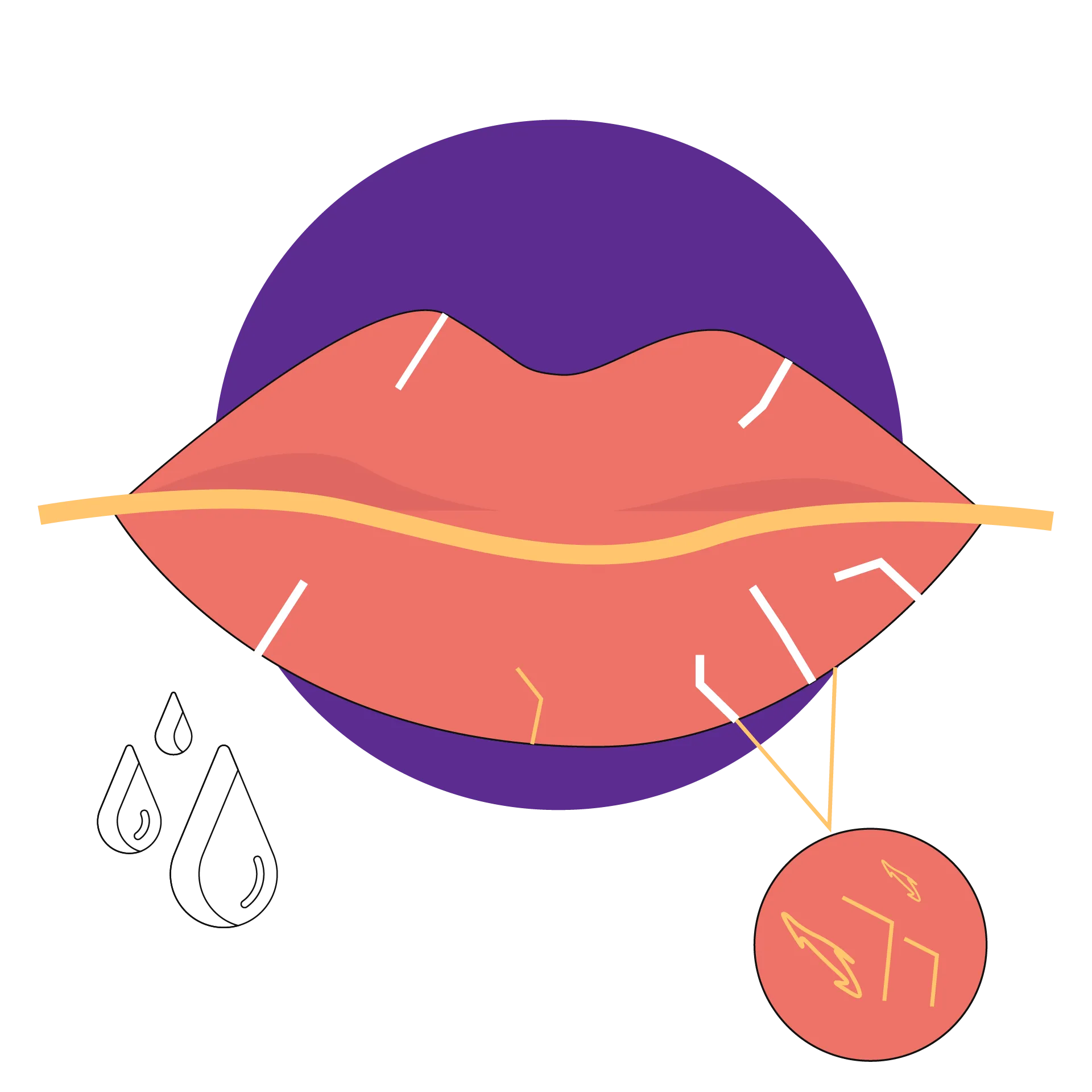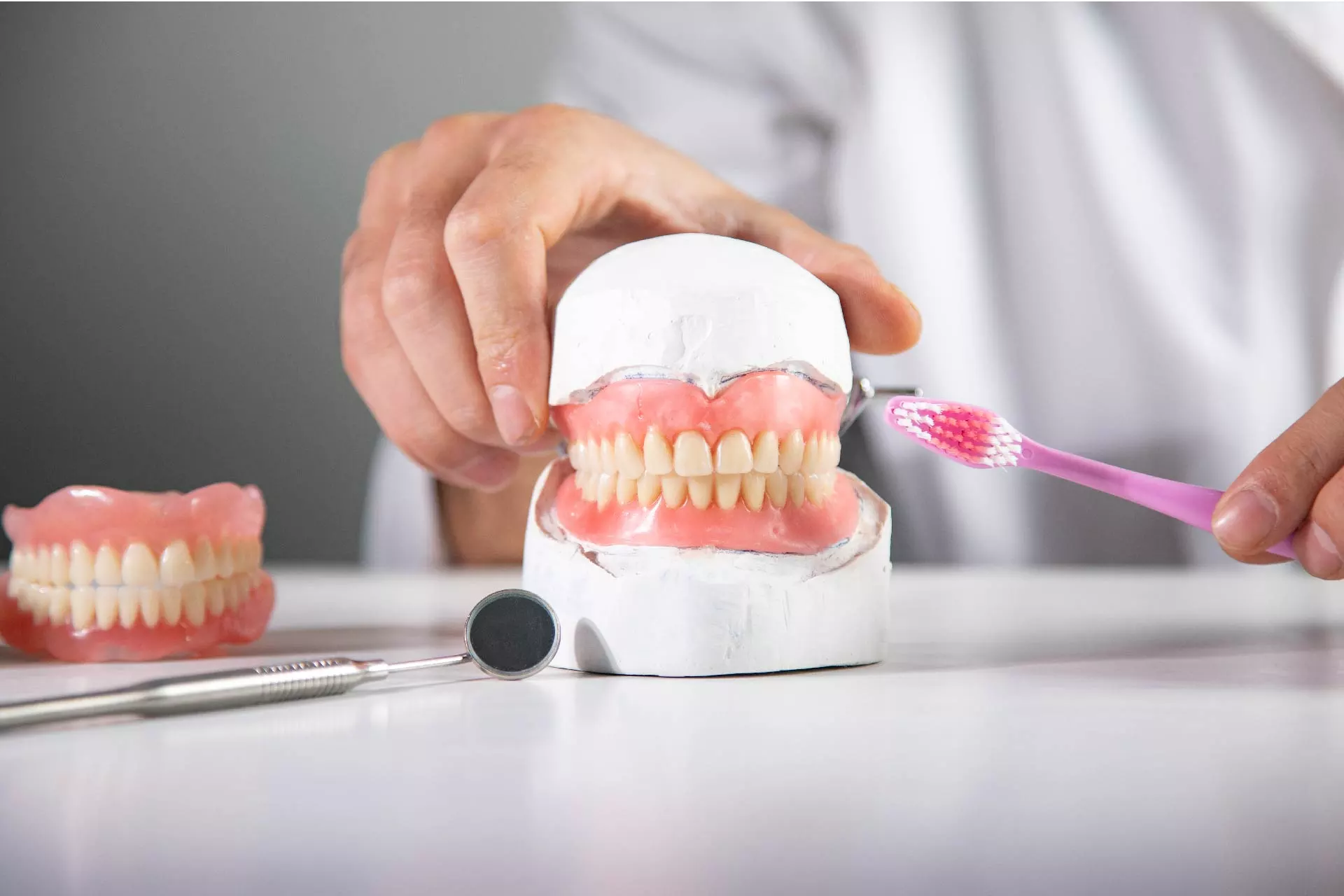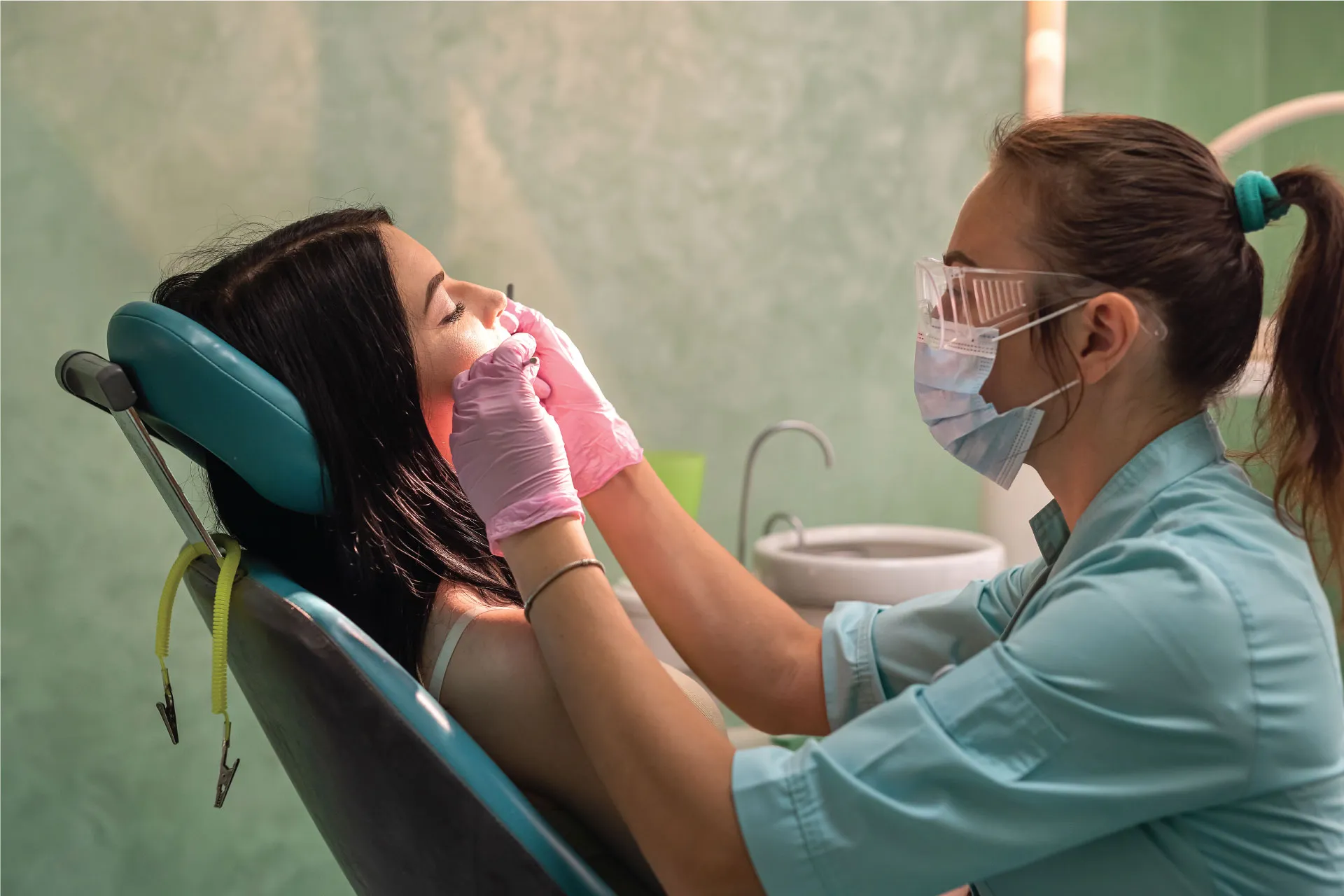Dentist | 7 min read
Dry Mouth: Causes, Symptoms, Cure, and Treatment
Medically reviewed by
Table of Content
Synopsis
Xerostomia, often known as dry mouth, is a condition in which your salivary glands cannot make sufficient saliva to keep your mouth moist. Common causes of dry mouth are side effects of specific medications, ageing-related conditions, or radiation treatment for cancer. Less frequently, a disorder that affects the salivary glands directly may be the source of dry mouth.
Key Takeaways
- Dry mouth can be caused by poor oral hygiene or certain medications
- Proper oral hygiene can reduce the effect of dry mouth
- Increased production of saliva can cure dry mouth
Your overall health, teeth, and gum health, as well as your appetite and pleasure of food, can be significantly impacted by decreased saliva and dry mouth, ranging from being just annoying to serious issues. The reason for dry mouth must be addressed before treating it.
Saliva is vitally important for your oral health in the following ways:
- Helps in waste removal: The mouth collects bacteria, viruses, and yeast that can stick to the teeth, gums, and tongue, causing many health issues. Saliva is a natural waste removal agent and keeps the mouth free from these germs.
- Protective Shield: Many foods and beverages we consume include acids, which saliva helps neutralise. This keeps the acids from harming our teeth and soft tissues.
- Wound Care: Saliva accelerates the healing of accidental lip bites and helps repair damaged tissues.
Dry Mouth Causes
Radiation Therapy
The amount of saliva produced might decrease if the salivary glands are damaged. For example, chemotherapy and radiation to the head and neck used in cancer treatments might cause harm
Side effects of some drugs: Many prescription and non-prescription medications, such as those for obesity, acne, epilepsy, hypertension (diuretics), diarrhea, urinary incontinence, nausea, psychotic disorders, Parkinson's disease, asthma (bronchodilators), and antihistamines and decongestants all have a side effect which contributes to dry mouth. Sedatives and muscle relaxants may also cause dry mouth as a side effect.
Dehydration
When your body loses excessive amounts of fluid without being restored, it results in dehydration. A dry mouth and throat can be symptoms of conditions that induce dehydration, including fever, heavy perspiration, vomiting, diarrhea, blood loss, and burns.

Removal of salivary glands
Saliva production ceases after the surgical removal of salivary glands.
Stress
Due to anxiousness and stress, the body produces an increased level of cortisol, called the stress hormone, changing the saliva composition and causing dryness in the mouth
Nerve damage
Injuries to the neck and head area causing nerve damage may contribute to a dry mouth
Unhealthy lifestyle
Regular cigarette smoking and chewing tobacco results in decreased saliva production. The use of methamphetamine and weed also exacerbates dryness in the mouth.
Mouth breathing and snoring
The saliva in your mouth evaporates as you breathe through it. Similarly, snoring may have the same impact if your mouth is open, making your mouth dry or making it much drier. The two most likely causes of dry mouth at night are snoring and sleeping with your mouth open.
Side Effects of some Diseases and Ailments
Sjögren's syndrome, Alzheimer's disease, rheumatoid arthritis, diabetes, anemia, hypertension, Parkinson's disease, cystic fibrosis, HIV/AIDS stroke, and measles are just a few of the illnesses that might cause dry mouth as side effects
Age
With an increase in age, it's normal for dry mouth to occur. It might result from your health problems, your prescriptions, or changes in your body's capacity to metabolise the drugs you're taking.
Symptoms of Dry Mouth
- Oral mucosa, the inside lining of the cheeks and lips, can crack and break, and the skin around the mouth's corners may also become inflamed.
- Bad breath
- Burning or tingling in the mouth, especially on the tongue
- The constant urge to drink water, especially at night
- Inflammation in the tongue region or tongue ulcers
- Speaking and chewing problems
- Regular gum disease and frequent decaying of teeth and plaque
- Trouble in tasting or swallowing
- Glossodynia (tongue pain)
- Issues wearing dentures, including difficulty keeping them in place, denture ulcers, and tongue clinging to the roof of the mouth
- Dry nose, pain in the throat, hoarseness
- Sialadenitis and infection of the salivary glands
- Oral thrush and other oral fungi infections
- Cheilitis or cracking and inflammation of the lips

However, if you see red patches in your mouth, it might be oral psoriasis, but if these sores don't heal, they might be oral cancer symptoms.
Home Remedies for Dry Mouth
1. Focusing on oral hygiene
It can result from poor dental health, and bad oral health can result from dry mouth. Despite figuring out the exact cause of dry mouth, general hygiene maintenance is paramount. Daily dental hygiene activities such as brushing and flossing are crucial components of good dental care. Also, rinsing your mouth or using mouthwash after meals helps wash away food particles. Follow some oral hygiene tips to prevent it.
2. Consumption of Ginger
Ginger tea, sprays, and other ginger-infused items may help to activate the salivary glands and boost salivation. A study conducted in 2017 says ginger spray can be an alternative to other treatments for some individuals suffering from dry mouth.
3. Closed mouth breathing
Breathing with an open mouth dries the airways. Breathing with your mouth closed is always a good practice to prevent oral and dental infections.
4. Increase your daily water consumption
Keep your mouth moist by drinking plenty of water. Carry a water bottle with you to sip throughout the day, and keep a bottle beside your bed at night. Staying hydrated helps in dry mouth treatment.
5.Cut down on dry and salty foods
Avoid the following in your meals:
- Dry foods (toast, bread, dry meats, dried fruit, and bananas)
- Beverages with a lot of sugar
- Diets with high sodium content
6. Steer clear from alcohol or caffeinated drinks
- Avoid alcoholic and caffeinated beverages (like coffees, teas, some colas, and chocolate-containing drinks)
- Alcohol causes frequent urination, which causes more water loss and dehydration. Both coffee and alcohol cause dehydration of the mouth.
- Also, avoid acidic drinks like tomato juice and fruit juice (orange, apple, grape.)
Treatment for Dry Mouth
It treatment relies on several variables, including if the patient has an underlying health condition and whether they are taking any drugs that could contribute to their dry mouth. If you identify the underlying reason, you can take action to lessen its impact. If a medication is suspected of being the source of dry mouth, the doctor will either alter the dosage or recommend a different medication that is less likely to have the same effect. A physician may prescribe medication that enhances saliva production.
Dry Mouth and Teeth Decay
Due to the decrease in salivation, it might harm your dental health. By neutralising oral acids, removing food particles, and replenishing nutrients in the teeth, saliva acts as a natural defense against acid erosion. Dry mouth causes major oral health problems, such as:
Gum disease:
A typical side effect of dry mouth is gum disease. Gum diseases harm oral health by raising the risk of tooth decay. It also makes it possible for decay to reach the roots. A bacterial infection comes from plaque and tartar build-up at the gums. Even the structures supporting the teeth may become infected by gum disease, leading to loose teeth and tooth loss.
Tooth decay:
It encourages the retention of damaging plaque and food particles on the teeth, frequently leading to tooth decay [2]
Enamel erosion:
Dry mouth leaves acid on the teeth, causing enamel erosion, which is the loss of the teeth's protective covering. Teeth become more susceptible to dental decay and root canal infection as the enamel erodes.
Dental staining:
It causes dental staining and discolouration due to enamel erosion
Additional Read: Common Reasons for Stained TeethTips to Stop Dry Mouth Tooth Decay
- Drink water often to flush out extra food, debris, and germs
- Gum without sugar can be chewed to increase salivation
- Increase the humidity indoors by using a humidifier
- Visit your dentist frequently for regular check-ups to make sure you don't have any cavities
- Take any artificial saliva or drugs for dry mouth as prescribed by your doctor
How to Increase The Flow of Saliva If You Have a Dry Mouth?
Your doctor could also suggest an oral rinse if you have a dry mouth to rehydrate the mouth. These products are available over the counter as rinses or sprays. Additionally, there are specific mouthwashes, moisturising gels, and toothpaste for dry mouth; ask your dentist or physician about these.
Finally, researchers are looking at potential novel therapies. They are creating an artificial salivary gland that may be transplanted into the body and researching techniques to restore damaged salivary glands.
For more information and help, contact Bajaj Finserv Health to speak to a dentist. You can schedule an online doctor consultation right from the comfort of your home to receive the right advice concerning the dry mouth.
References
- https://www.mskcc.org/cancer-care/types/salivary-gland/salivary-glands-anatomy
- https://www.betterhealth.vic.gov.au/health/conditionsandtreatments/dry-mouth
Disclaimer
Please note that this article is solely meant for informational purposes and Bajaj Finserv Health Limited (“BFHL”) does not shoulder any responsibility of the views/advice/information expressed/given by the writer/reviewer/originator. This article should not be considered as a substitute for any medical advice, diagnosis or treatment. Always consult with your trusted physician/qualified healthcare professional to evaluate your medical condition. The above article has been reviewed by a qualified doctor and BFHL is not responsible for any damages for any information or services provided by any third party.





